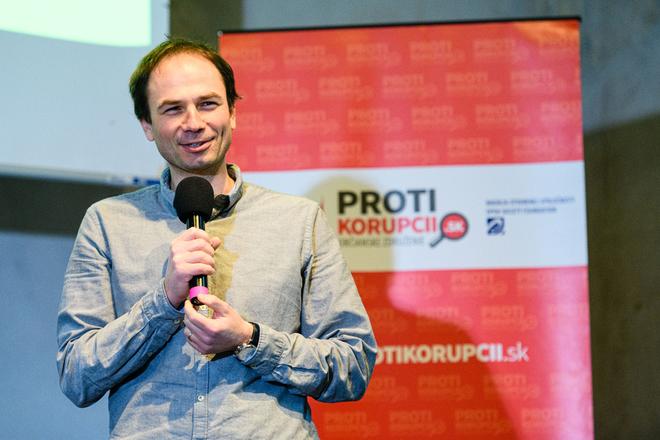- Formed 15 years ago, unique island on Hron becomes haven for active leisure Photo
- Thousands of young sterlets released into the Danube Photo
- Should you visit Komárno’s Courtyard of Europe? Probably not. Try this instead. Photo
- Naked man wearing only a balaclava and flip-flops caught running through woods with sex toy on a stick
- Bratislava revives historic woodland as community oasis in Petržalka
- Get a glimpse of Bratislava’s eastern hinterland by bike Photo
- A fortress town on the Danube hopes tourism will bring it back to life Photo
- Crumbs of history: How two biscuits became Slovak legends
- Formed 15 years ago, unique island on Hron becomes haven for active leisure Photo
- Naked man wearing only a balaclava and flip-flops caught running through woods with sex toy on a stick
- Thousands of young sterlets released into the Danube Photo
- Should you visit Komárno’s Courtyard of Europe? Probably not. Try this instead. Photo
- With lunch prices approaching €10, people are changing their habits
- A fortress town on the Danube hopes tourism will bring it back to life Photo
- Get a glimpse of Bratislava’s eastern hinterland by bike Photo
- Bratislava revives historic woodland as community oasis in Petržalka
- Naked man wearing only a balaclava and flip-flops caught running through woods with sex toy on a stick
- Formed 15 years ago, unique island on Hron becomes haven for active leisure Photo
- Should you visit Komárno’s Courtyard of Europe? Probably not. Try this instead. Photo
- Revitalisation project brings life back to Danube arm Photo
- Thousands of young sterlets released into the Danube Photo
- A fortress town on the Danube hopes tourism will bring it back to life Photo
- Filling the English-language gap on Slovak literature
- Meet the boy who makes Zvolen drivers honk their horns in recognition
- Filling the English-language gap on Slovak literature
- Naked man wearing only a balaclava and flip-flops caught running through woods with sex toy on a stick
- Formed 15 years ago, unique island on Hron becomes haven for active leisure Photo
- Last Week: Once again, the government’s message is ‘trust nobody’
- Get a glimpse of Bratislava’s eastern hinterland by bike Photo
- Revitalisation project brings life back to Danube arm Photo
- Should you visit Komárno’s Courtyard of Europe? Probably not. Try this instead. Photo
- Weekend: Metal music or folklore festivals. What will it be? Photo
- Where stones remember: the shifting fortunes of Bratislava Audio
- More than tracks: discover what’s along the new Petržalka tram route
- 3 free things to do in Bratislava for the next seven days
- Top 10 events in Bratislava for foreigners
- National lacrosse team digs deep into heritage to post best ever result Photo
- VW’s plant in Martin powers into the electric era
- News digest: Fico’s ‘diplomatic reprimand’ may be Health Minister Šaško’s last Photo
- When a refund costs you: Slovakia’s online retailers pay for nothing More articles ›


